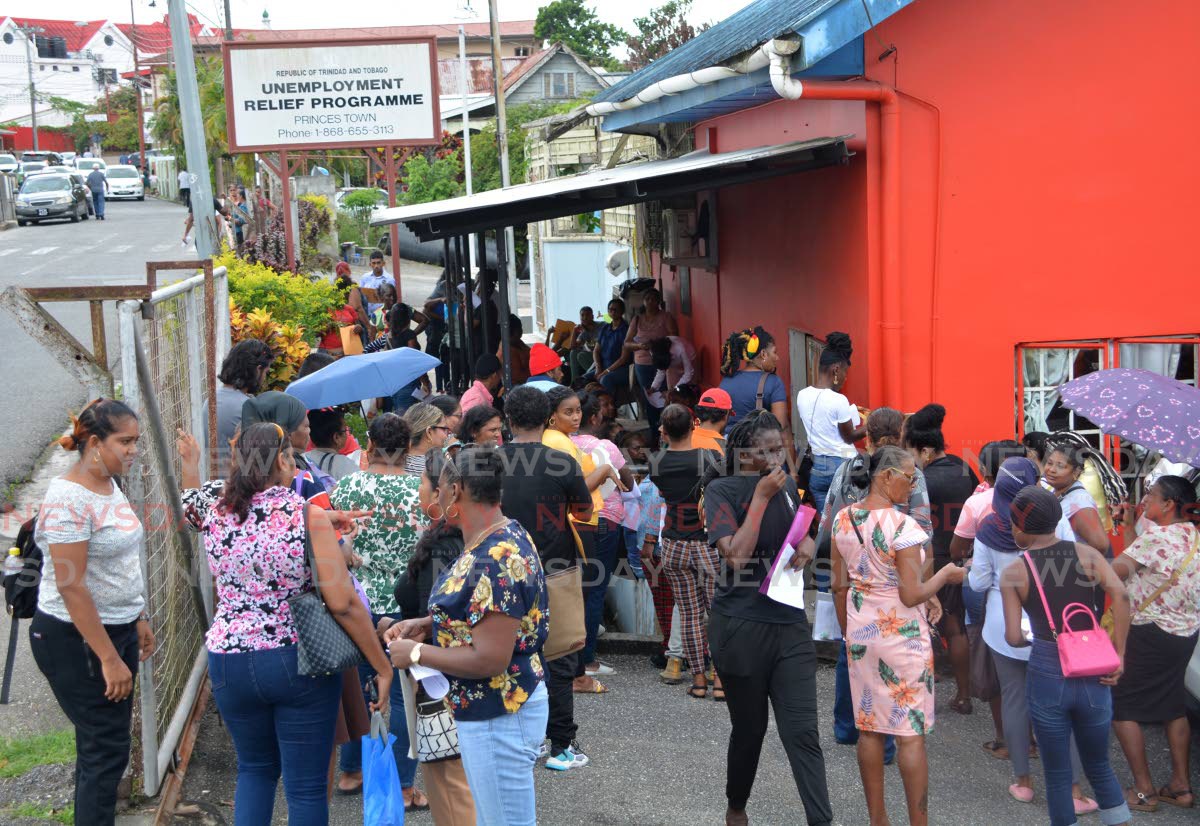Trinidad and Tobago has taken a bold step toward reshaping its labor landscape with the introduction of an Employment Fund, designed to transition workers from the Community-Based Environmental Protection and Enhancement Programme (CEPEP) and the Unemployment Relief Programme (URP) into full-time, higher-paying roles. This initiative marks a pivotal shift from dependency-driven schemes to sustainable livelihoods, aiming to address long-standing structural underemployment issues. However, the success of this reform hinges on its alignment with the evolving demands of the labor market and the strategic development of human capital. The 2026 budget underscores key sectors such as tourism, hospitality, digital services, agriculture, and creative industries as pillars of economic diversification. To capitalize on these opportunities, the Employment Fund must foster partnerships with training institutions, industry associations, and professional bodies to ensure workers are equipped with both technical and behavioral competencies. Additionally, the fund must embrace entrepreneurship as a viable pathway to economic empowerment, particularly for women and youth, by providing access to skills training, mentorship, and financial resources. A robust labor market intelligence system will be essential to track progress and ensure the fund remains responsive to workforce needs. Ultimately, this initiative represents more than economic reform; it is a commitment to human dignity, offering workers the tools to thrive in a rapidly changing economy.
